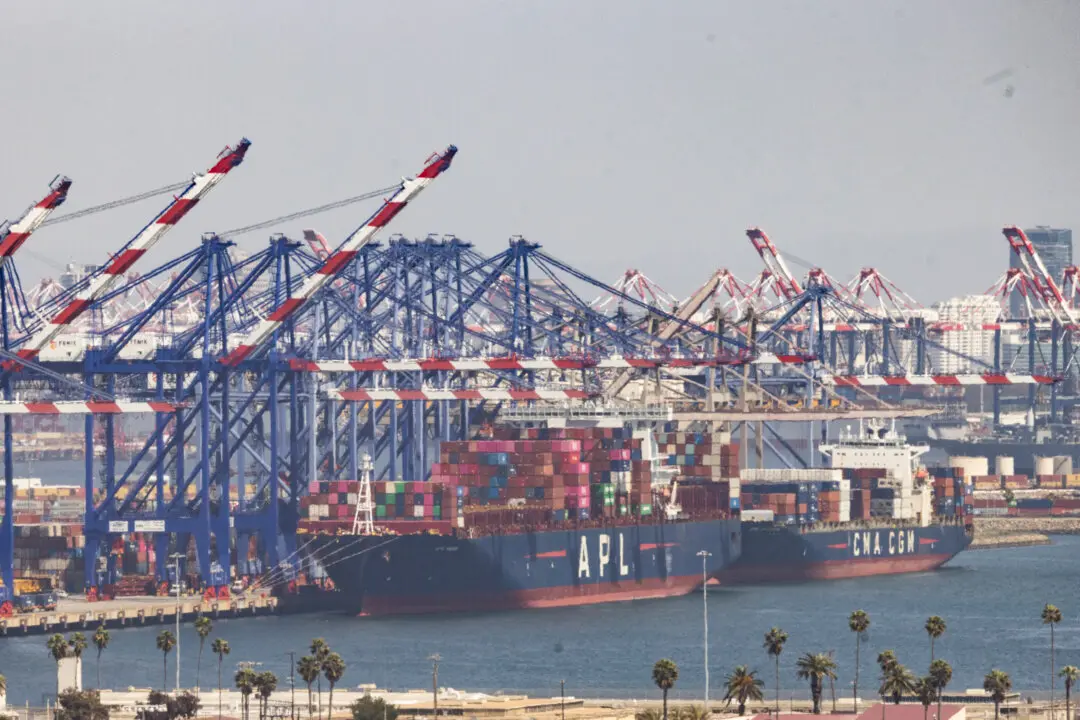Geopolitical analyst and author Peter Zeihan believes that the United States is pushing forward with deglobalization and that the trend is something that will not stop anytime soon.
Zeihan pointed to three reasons why the country, even though it has benefited from globalization for so long, wouldn’t “double down” on it even if this system is in danger. The first reason delves into why the United States pushed the idea of globalization in the first place. For America, globalization “was never about the economics … or at least not about the economics in a traditional sense,” he said on his YouTube channel.





